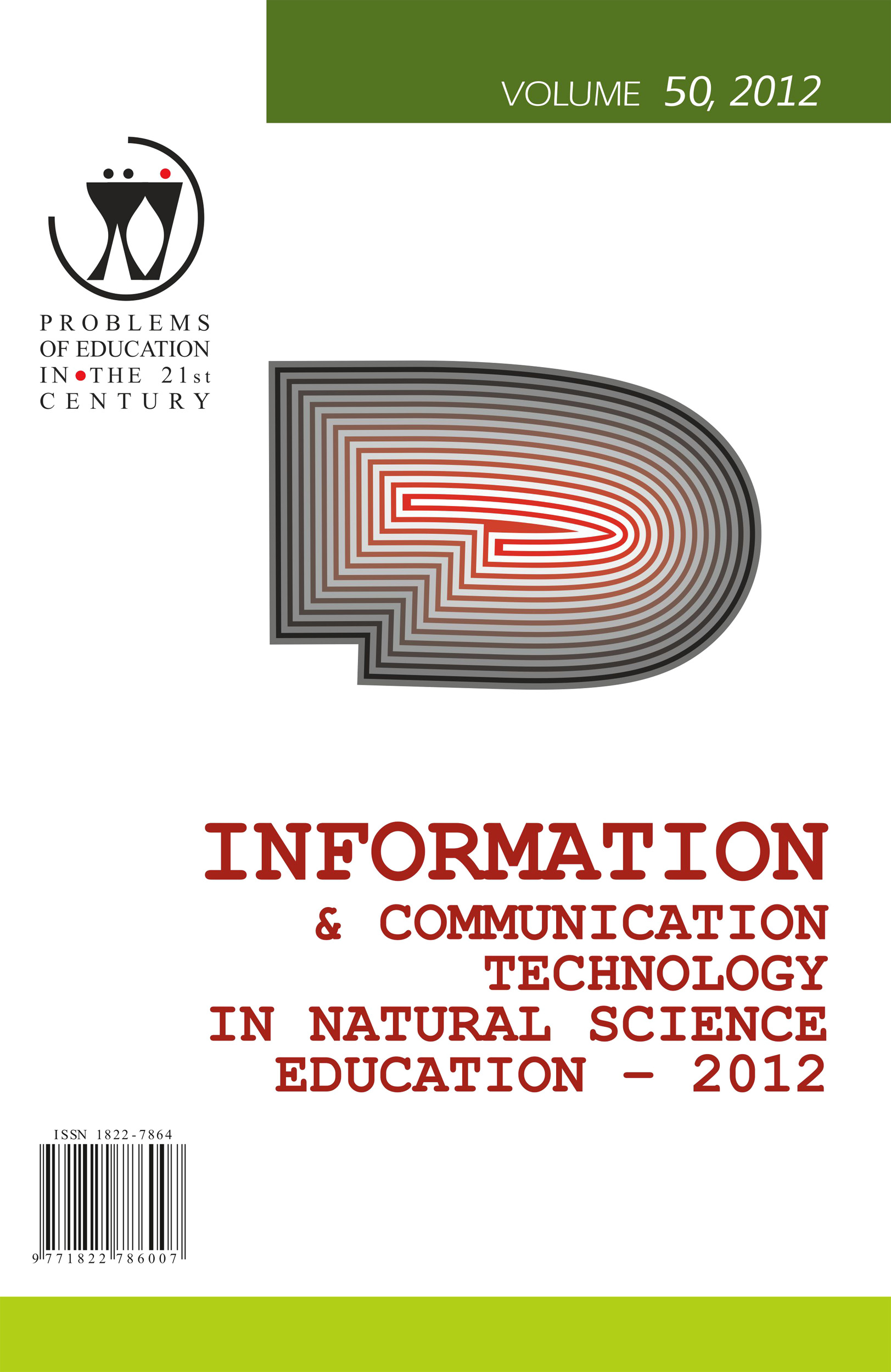THE ROLE OF BIOGRAPHIES IN CHEMISTRY EDUCATION AND ITS CONTRIBUTION TO UNDERSTANDING HOW SCIENTISTS AND SCIENCE WORKS
THE ROLE OF BIOGRAPHIES IN CHEMISTRY EDUCATION AND ITS CONTRIBUTION TO UNDERSTANDING HOW SCIENTISTS AND SCIENCE WORKS
Author(s): Diana M. Farías, Agnaldo ArroioSubject(s): Education, School education, Pedagogy
Published by: Scientia Socialis, UAB
Keywords: audiovisual; image of science; narratives; scientists; textbooks;
Summary/Abstract: In this study it is presented several considerations concerning the elements that biographies could contribute to chemistry education. It is analyzed two particular cases: biographies from two high school chemistry textbooks and an audiovisual in the form of an animated fictional documentary about the life of Marie Curie. The analysis was carried out following a methodology designed to analyze textbooks in which we visualize science as a network where we identify elements that allow us to track how science circulates; we have used previously these elements in analyzing audiovisual materials for classroom (Arroio and Farías, 2011).These results show that despite the fact that biographies have elements which justify the criticism they have received within science education they can improve the contextualization and localization of scientific activity by making new connections between those actors that are not generally part of schools’ accounts of science: scientists, institutions, and places, amongst others. This fact was further substantiated after analyzing the documentary.It is proposed that the inclusion of biographies has a vast potential for conveying a more realistic image of scientific activity - but only if the biographies are specifically designed for teaching and are understood to be narrowly related to the popularization of science, science education, and the historiography of science. Moreover, biographies can lend more weight to the role of scientists as narrative axes, where then the school discourse can recover the person, that is, the scientist as a subject and individual. Within a setting where school science is primarily centered on concepts this process can strengthen the affective links between students and teachers.
Journal: Problems of Education in the 21st Century
- Issue Year: 50/2012
- Issue No: 1
- Page Range: 14-22
- Page Count: 9
- Language: English

